News
-
 Math
MathMathematicians may have found the fastest way to multiply huge numbers
A new theoretical method for multiplying enormous figures appears to achieve a speed first predicted decades ago.
-
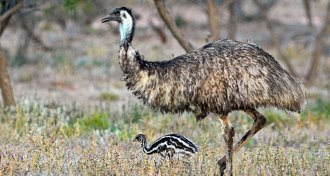 Life
LifeHow emus and ostriches lost the ability to fly
Changes in regulatory DNA, rather than mutations to genes themselves, grounded some birds, a study finds.
-
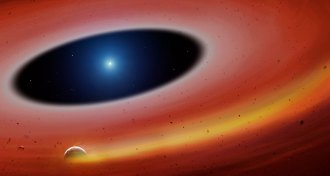 Astronomy
AstronomyThis planetary remnant somehow survived the death of its sun
A small, sturdy piece of planet survived the collapse of its sun and now orbits the dead star.
-
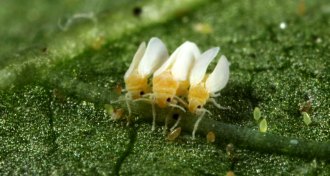 Plants
PlantsA major crop pest can make tomato plants lie to their neighbors
Insects called silverleaf whiteflies exploit tomatoes’ ability to detect damage caused to nearby plants.
By Susan Milius -
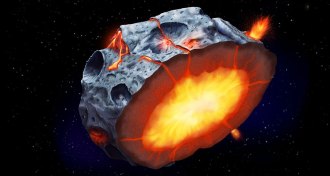 Planetary Science
Planetary ScienceMetal asteroids may have once had iron-spewing volcanoes
Two groups of scientists introduce the idea of “ferrovolcanism,” or iron volcanoes, that could have occurred on metal asteroids like Psyche.
-
 Psychology
PsychologyWhat we know and don’t know about how mass trauma affects mental health
Three people connected to mass shootings have recently killed themselves. Here’s what we know, and don’t, about the lingering effects of mass trauma.
By Sujata Gupta -
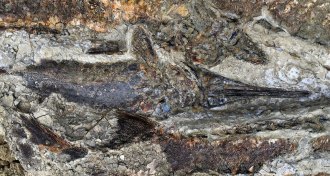 Paleontology
PaleontologyNew fossils may capture the minutes after the dinosaur-killing asteroid impact
North Dakota fossils may depict the aftermath of the dinosaur-killing asteroid, but controversial claims about the breadth of the find are unproven.
-
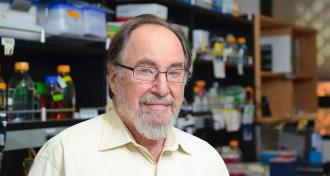 Genetics
GeneticsA Nobel Prize winner argues banning CRISPR babies won’t work
Human gene editing needs responsible regulation, but a ban isn’t the way to go, says Nobel laureate David Baltimore.
-
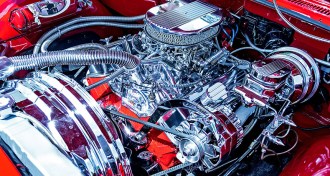 Quantum Physics
Quantum PhysicsA new quantum engine packs more power than its standard counterparts
A new type of tiny machine harnesses quantum physics to produce more power than a normal engine, under certain conditions.
-
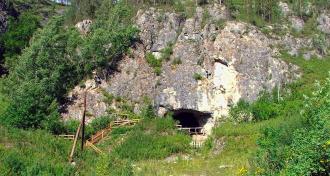 Anthropology
AnthropologyThe first known fossil of a Denisovan skull has been found in a Siberian cave
A new fossil and evidence that the hominids interbred with humans as recently as 15,000 years ago only add to Denisovans’ mystery.
By Bruce Bower -
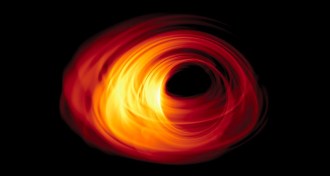 Astronomy
Astronomy4 things we’ll learn from the first closeup image of a black hole
Scientists are gearing up to release the first image of the black hole at the center of the galaxy. Here’s what they hope to find out.
-
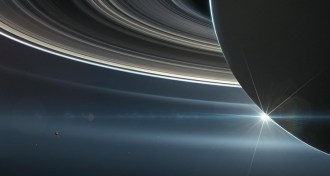 Planetary Science
Planetary ScienceSaturn’s rings paint some of its moons shades of blue and red
Moons located among Saturn’s inner rings are different colors depending on their distance from the planet, suggesting they’re picking up ring debris.